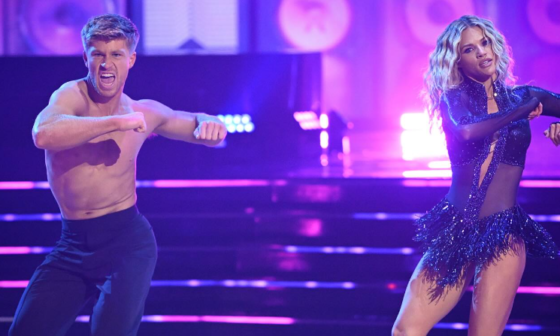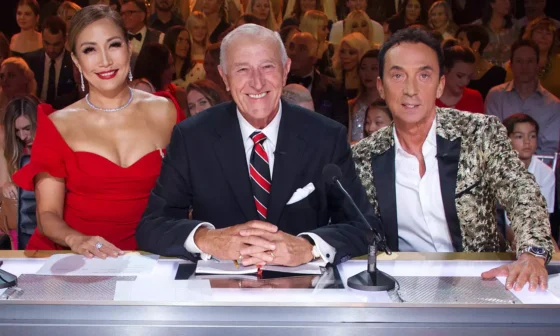In recent years, the conversation surrounding transgender athletes in sports—particularly those assigned male at birth who compete in women’s categories—has become one of the most polarizing debates in modern athletics. As more athletes and lawmakers call for fairness and integrity in women’s competition, a controversial new idea has begun to surface: Should every title, medal, and championship earned by biological males in women’s sports be revoked?
Supporters of this measure argue it’s a necessary correction to protect the sanctity of women’s sports. They cite scientific studies indicating that even after hormone therapy, biological males retain advantages in muscle mass, bone density, and oxygen capacity. Critics of current policies point to races and competitions where female athletes lost podium positions—and even scholarships—after competing against transgender women. “It’s not about hate,” says Olympic gold medalist Sharron Davies, a vocal advocate for sex-based competition. “It’s about fairness, and the integrity of female sport is at stake.”
The movement gained momentum following high-profile cases like that of Lia Thomas, a transgender swimmer who became the first openly trans NCAA Division I champion in women’s swimming. Her victories sparked a tidal wave of backlash, with female competitors and parents arguing that the playing field was far from level. Several states have since passed laws barring transgender women from female sports leagues, and public opinion continues to shift, especially among women’s advocacy groups and parents.
However, critics of revoking championships argue that such a move is both cruel and legally murky. “You’re talking about retroactively stripping athletes of titles they were officially awarded under existing rules,” said Harper Allen, director of the LGBTQ+ Sports Coalition. “This is not just punitive—it’s erasure.” They emphasize the mental health consequences for transgender athletes already facing immense scrutiny and discrimination. In their view, inclusion and compassion should be part of the equation, not just biology.
Some legal experts warn that retroactive punishment could open a Pandora’s box of lawsuits and constitutional challenges. “Unless fraud or cheating is proven, most sports bodies will be hesitant to revisit the past,” says sports law analyst Dana Cortes. “Changing the rules mid-game sets a dangerous precedent.” Still, proponents say the issue is less about individual blame and more about correcting institutional decisions that disadvantaged female athletes.
At the heart of the debate is a deeper societal question: Can fairness coexist with inclusion? And if a system designed to uplift women ends up sidelining them instead, what then? As Olympic track star Allyson Felix once said, “Women shouldn’t have to give up their chances to be fair.” For many, this isn’t just a sports issue—it’s a cultural reckoning about gender, justice, and the value of hard-earned success.
Despite the growing calls for revocation, major athletic governing bodies like the NCAA and the IOC have so far refused to strip any transgender athletes of their past titles. Yet grassroots movements and online petitions are gaining traction, signaling that the controversy is far from over. Whether the pendulum will swing toward rewriting history or reaffirming current norms remains to be seen.
What’s clear is that this conversation is no longer happening on the fringes—it’s front and center in politics, courts, and locker rooms across the country. As society wrestles with these questions, athletes on both sides continue to compete, dream, and push for a future that honors both fairness and identity.




